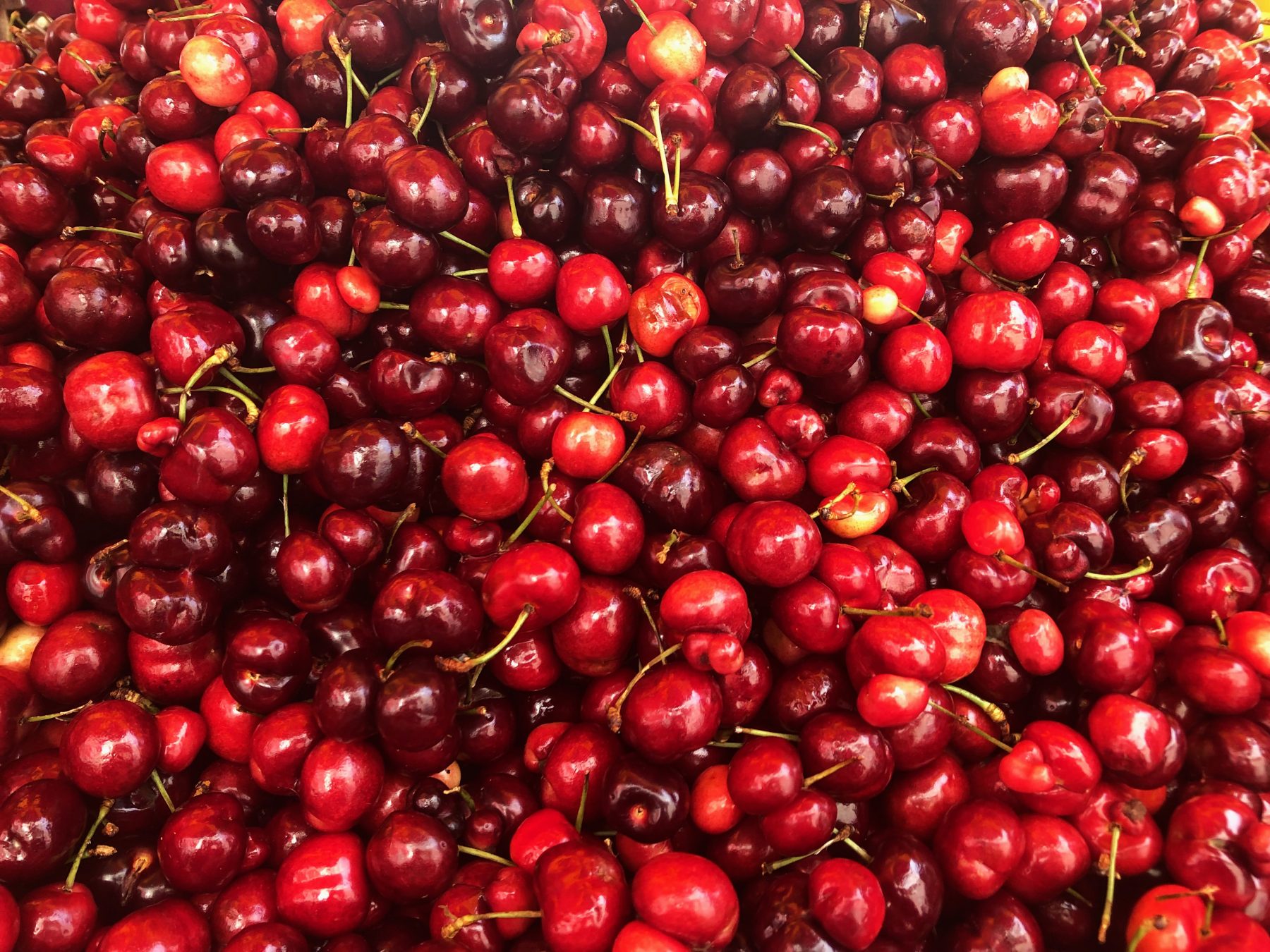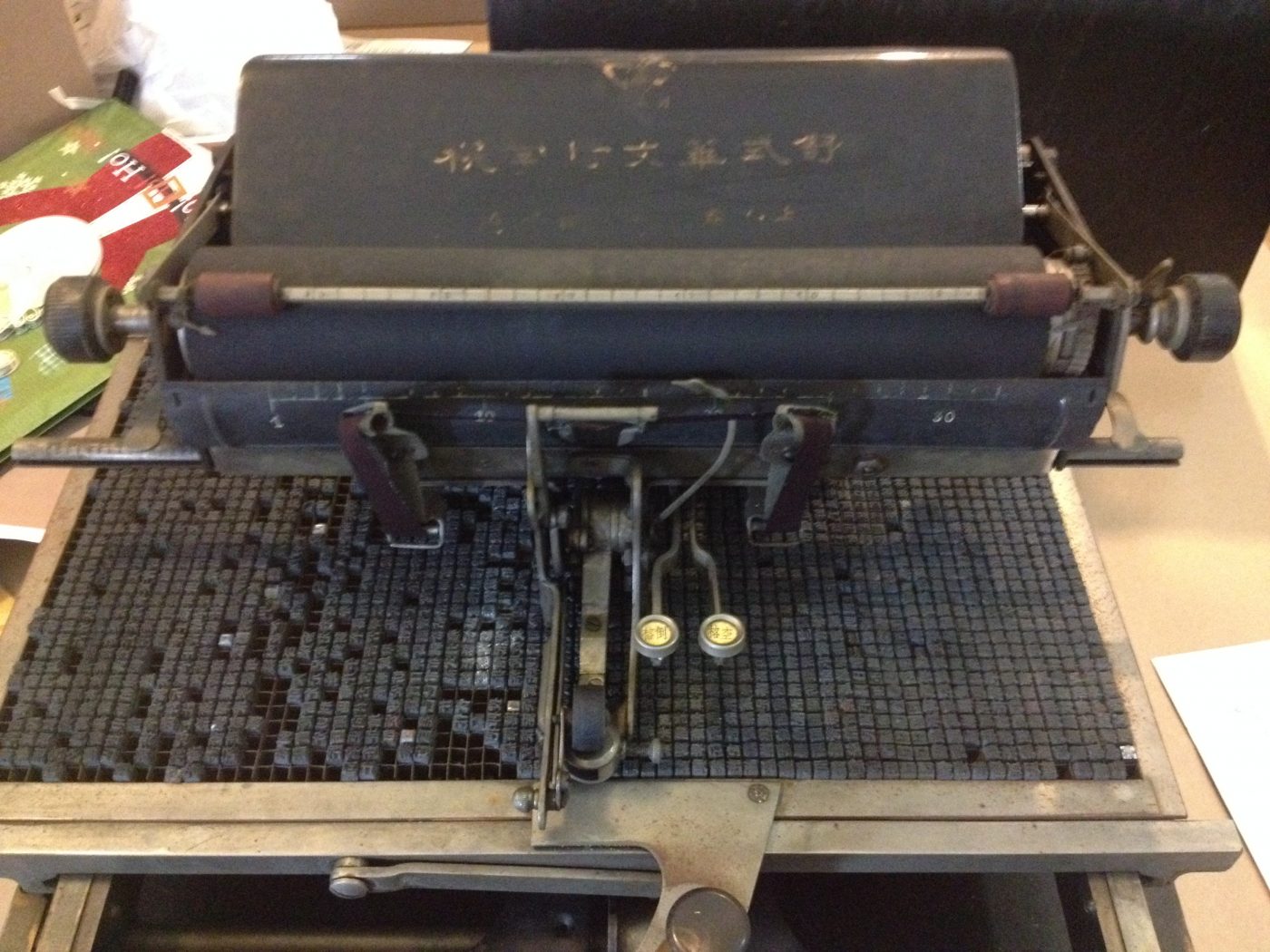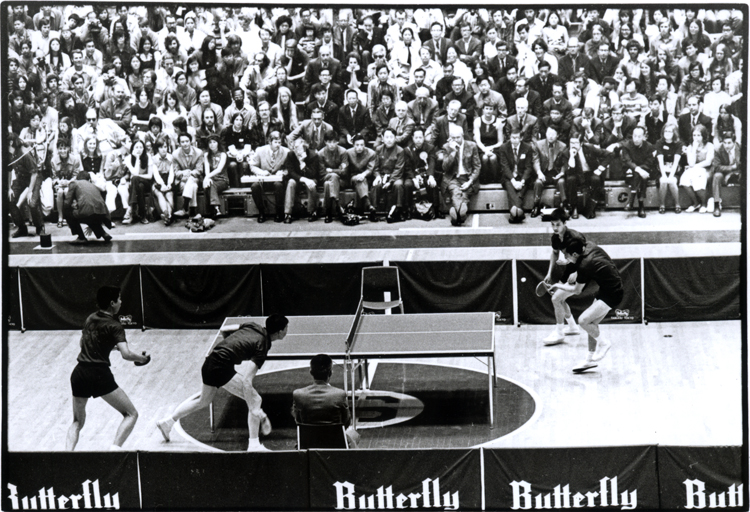Ah Bing was a 19th century horticulturalist and credited as the cultivator and namesake of the popular Bing cherry. Bing migrated to the U.S. around 1855 and worked as foreman in the Lewelling family fruit orchards in Milwaukie, Oregon. Bing’s Manchurian background and commanding stature at 6’2” distinguished him from other Chinese immigrants, who were mostly recruited from Guangdong for work on the Transcontinental Railroad; his employer was atypical too, a pro-abolition Quaker farmer who opposed the increasing anti-Chinese discrimination and violence of the times. During Bing’s 35 years as a foreman at the Lewelling Orchard, he managed a crew of thirty men and worked closely with farm owner Seth Lewelling on grafting and propagating the trees. In 1875, Bing was credited (to varying degrees) with cultivating a delicious cross-breed graft, which Lewelling named after Bing. The groundbreaking cherry went on to win prizes and sell for $1 per pound ($25 per pound today). Still, Bing’s contribution to American agriculture could not overcome the passing of the 1882 Chinese Exclusion Act. After visiting his family in China in 1889, Bing was barred from ever re-entering the U.S.
Collections馆藏Collections馆藏Collections馆藏Collections馆藏Collections馆藏Collections馆藏Collections馆藏Collections馆藏Collections馆藏Collections馆藏Collections馆藏Collections馆藏Collections馆藏Collections馆藏Collections馆藏Collections馆藏Collections馆藏Collections馆藏Collections馆藏Collections馆藏Collections馆藏Collections馆藏Collections馆藏Collections馆藏Collections馆藏Collections馆藏Collections馆藏Collections馆藏Collections馆藏Collections馆藏Collections馆藏Collections馆藏Collections馆藏Collections馆藏Collections馆藏Collections馆藏Collections馆藏Collections馆藏Collections馆藏Collections馆藏Collections馆藏Collections馆藏Collections馆藏Collections馆藏Collections馆藏Collections馆藏Collections馆藏Collections馆藏Collections馆藏Collections馆藏Collections馆藏Collections馆藏Collections馆藏Collections馆藏Collections馆藏Collections馆藏Collections馆藏Collections馆藏Collections馆藏Collections馆藏Collections馆藏Collections馆藏Collections馆藏Collections馆藏
Ah Bing

29 August 2019 Posted.
Bing Cherries, Photograph taken by Hannah Baek.
冰樱,照片由MOCA实习生Hannah Baek拍摄

